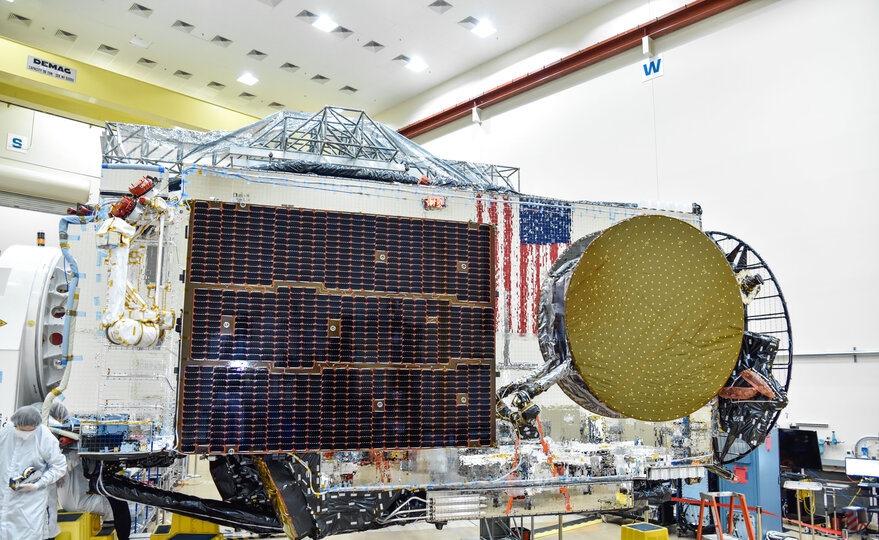TAMPA, Fla. — Satellite TV broadcaster Dish Network is rumored to be considering recombining with internet-focused sister company EchoStar to strengthen its financial resources.
The companies have engaged advisers to flesh out a potential deal, reported news publication Semafor July 6, citing people familiar with the matter.
Dish and satellite fleet operator EchoStar — both controlled by billionaire Charlie Ergen — declined to comment on the speculation.
A deal would need to navigate starkly contrasting financial standings following their split into separate companies and stocks back in 2008.
Dish has been investing heavily to meet regulatory deployment deadlines for expanding a terrestrial 5G network across the United States, putting its balance sheet under strain as its core satellite TV business bleeds subscribers.
Meanwhile, EchoStar is sitting on $1.7 billion in cash and is poised for subscriber and revenue growth from Jupiter 3, its long-awaited broadband satellite that Maxar recently delivered for a Falcon Heavy launch in the coming months.
EchoStar sold underperforming broadcast satellite services assets to Dish in 2019, seemingly doubling down on the strategy to keep their businesses apart.
Still, rumors about a potential recombination have periodically resurfaced in the market over the years, according to Raymond James analyst Ric Prentiss.
Notably, EchoStar CEO Hamid Akhavan’s Feb. 17, 2022, employment offer letter includes a clause covering the possibility of Dish owning more than half of EchoStar’s voting stock.
Prentiss said he was unsurprised to see the speculation resurface again because of how challenging it is to borrow money to finance Dish’s wireless plans in the current economic climate.
A combination could also put perennial rumors to rest about another attempt to merge Dish with its satellite broadcast rival DirecTV, majority owned by U.S. telecoms giant AT&T.
Earlier this year, Dish was also said to be one of a handful of U.S. companies in talks about selling wireless services through Amazon, according to reports including Bloomberg and the Wall Street Journal.
Citing people familiar with the situation, Bloomberg reported June 2 that Amazon was looking into offering a low-cost or free nationwide mobile service to Amazon Prime subscribers.
Amazon, which is working toward providing initial broadband services next year from its proposed Project Kuiper satellite constellation, said in response that it was not currently planning to add wireless service to its Prime offering.
Its package of Amazon Prime services includes online TV streaming, which has contributed to the decline of the satellite broadcast market.
